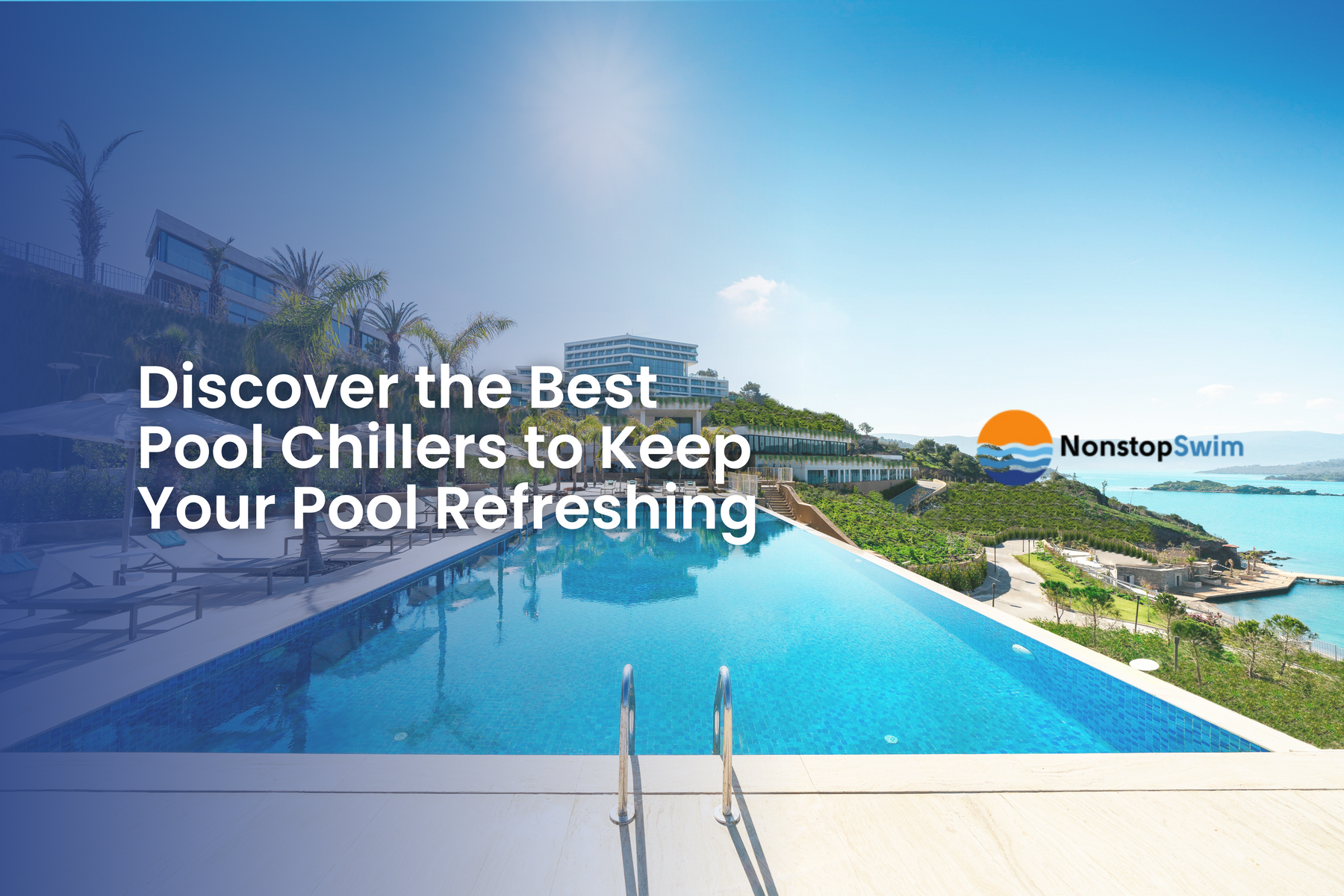
Discover the Best Pool Chillers to Keep Your Pool Refreshing
Finding the Best Pool Chillers for Your Swimming Pool
Sick of swimming in bathwater? Say goodbye to sweaty cannonballs and hello to chill vibes - literally. Pool chillers are your ticket to keeping the water refreshingly cool even when it feels like the sun’s attacking your backyard. Short answer? The AquaCal SQ166R and Glacier Pool Cooler are top picks. Keep reading to find out why!
Why You Need a Pool Chiller: Beating the Heat
When summer really kicks in, your pool can feel less like a refreshing break and more like a hot tub no one asked for. If your pool water's hitting the mid-80s or higher, chances are no one’s diving in for fun. That’s where a pool chiller saves the day. It brings the temp back to a cool, swimmable range so your pool actually feels like a pool.
Benefits of Pool Chillers
-
More swim time: Stay in the pool longer without overheating.
-
Better water balance: Cooler water slows down algae, evaporation, and chemical loss.
-
Longer pool season: You’ll use your pool more, not less.
-
Energy savings: A cooler pool means less stress on filters and pumps.
Types of Pool Chillers: Understanding Your Options
There’s more than one way to cool a pool. Here are the main types and how they work:
Refrigerant-based Pool Chillers
These units pull heat from the water and release it into the air. They’re a favorite for home pools because they’re simple and affordable.
Pros: Budget-friendly and easy to use
Cons: Don’t perform well in high humidity
Best refrigerant-based pool chiller: AquaCal TropiCool TC1000 or TC1500 are best-in-class options that drop your pool temperature 15°F or more.
Evaporative Pool Chillers
These use water instead of air to carry heat away. They’re strong performers but usually better for commercial pools.
Pros: Extremely cost-efficient to run- low amperage (8-12 amps!)
Cons: Requires careful calibration during setup
Best evaporative pool chiller: Glacier Pool Coolers are market-leading evaporative coolers that work for a wide range of pool sizes and climates. Simple, affordable, and gets the job done. It’s a great pick for folks who want to cool their pool without draining their bank account. This evaporative cooling unit runs for less than $0.12 per kWh because it draws such minimal electricity.
Geothermal Pool Chillers
This system taps into the ground’s cooler temps to chill your pool. It’s eco-friendly and super efficient, but the setup isn’t cheap.
Pros: Very low running costs
Cons: High installation costs and requires digging
Best geothermal chiller: the AquaCal WaterSource can't be beat.
Pool Heater-Chillers
These do double duty - cooling in summer, heating in winter. That makes them handy for year-round pool owners.
Pros: Flexible and saves space
Cons: More expensive upfront
Best heater-chiller: the FibroPool FH235-i and FH285-i are customer favorites for small to medium sized pools.
Key Factors When Choosing the Best Pool Chiller
All chillers aren’t built the same. Here’s what matters most when picking the right one for your pool:
Cooling Capacity and Pool Size (e.g., for In-Ground Pools)
Make sure the chiller can handle your pool's volume. Bigger pools need more BTUs. For in-ground pools, look for heavy-duty models with solid ratings.
Energy Efficiency and Operating Costs
Efficiency counts. Look for a high COP rating - this tells you how much cooling you get per unit of energy. A good chiller can cool your pool without draining your wallet.
Temperature Control and Automation
Want to hit the perfect temp and keep it there? Go for models with digital controls or smartphone apps. Set it once and let the chiller handle the rest.
Durability and Material Quality
Look for materials that can take a beating. Titanium heat exchangers, rust-resistant shells, and UV protection all help your unit last longer.
Noise Levels
No one wants a chiller that sounds like a lawnmower. Check decibel ratings. Some models are quiet enough you’ll forget they’re running.
Installation and Maintenance Tips
-
Get help: If you’re using a heat pump or geothermal system, call a pro.
-
Stay clean: Keep filters and coils free of leaves, bugs, and grime.
-
Winter prep: If it gets cold where you live, drain the unit and cover it for the off-season.
-
Check connections: Give hoses, valves, and electrical parts a once-over now and then to avoid problems.
With the right pool chiller, you can finally enjoy your pool the way it was meant to be - cool, clean, and comfortable. Whether you're cooling a backyard splash zone or a lap pool, the right unit can make all the difference.
Related reading:
- How Can I Cool My Pool Down Fast? Quick and Long-Term Fixes That Work
-
How Hot Is Too Hot for a Pool? Find the Safe Swimming Temperature
-
Are Pool Chillers Worth It? A Practical Guide for Pool Owners
-
How Long Does It Take to Cool a Pool with a Chiller? (Here’s What to Expect)
-
Do I Need a Chiller for My Pool?






Leave a comment